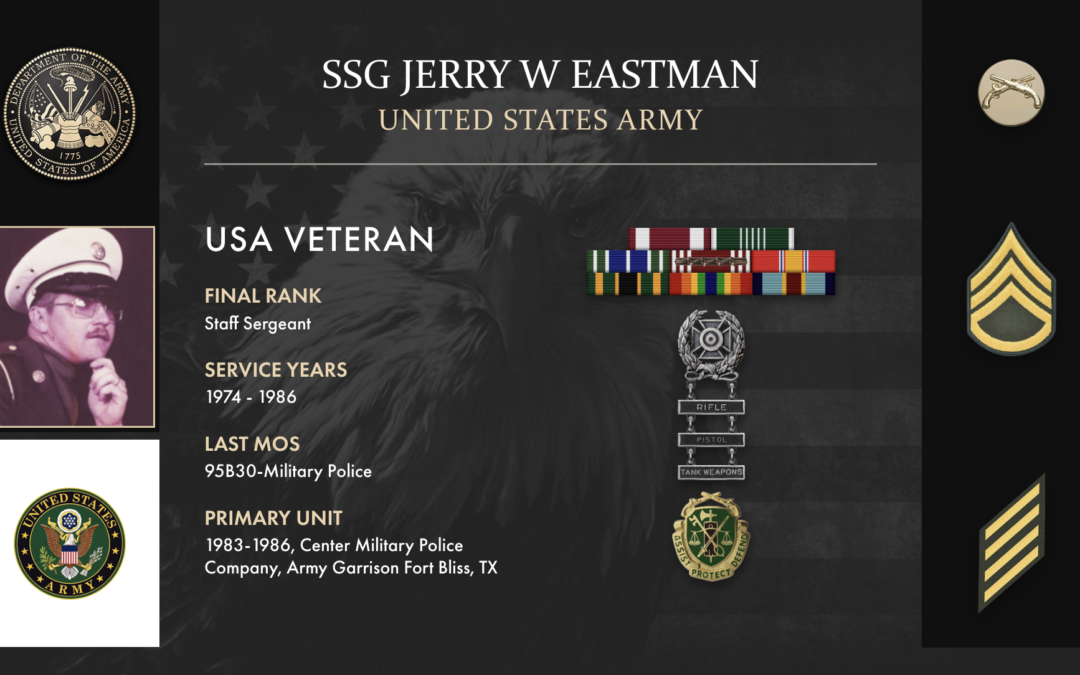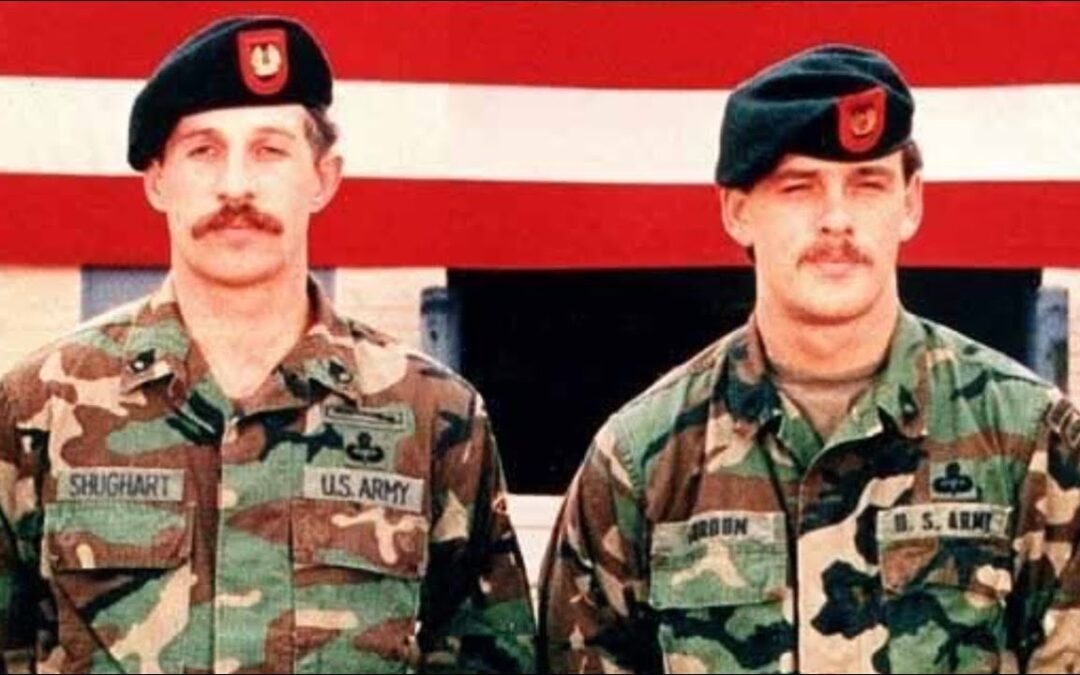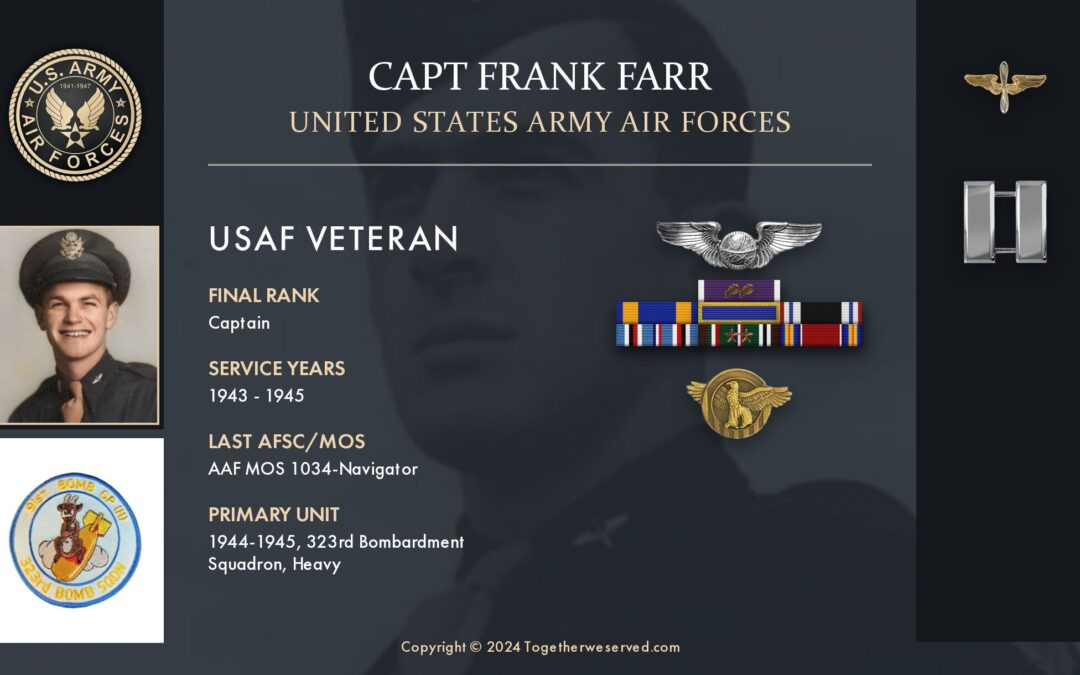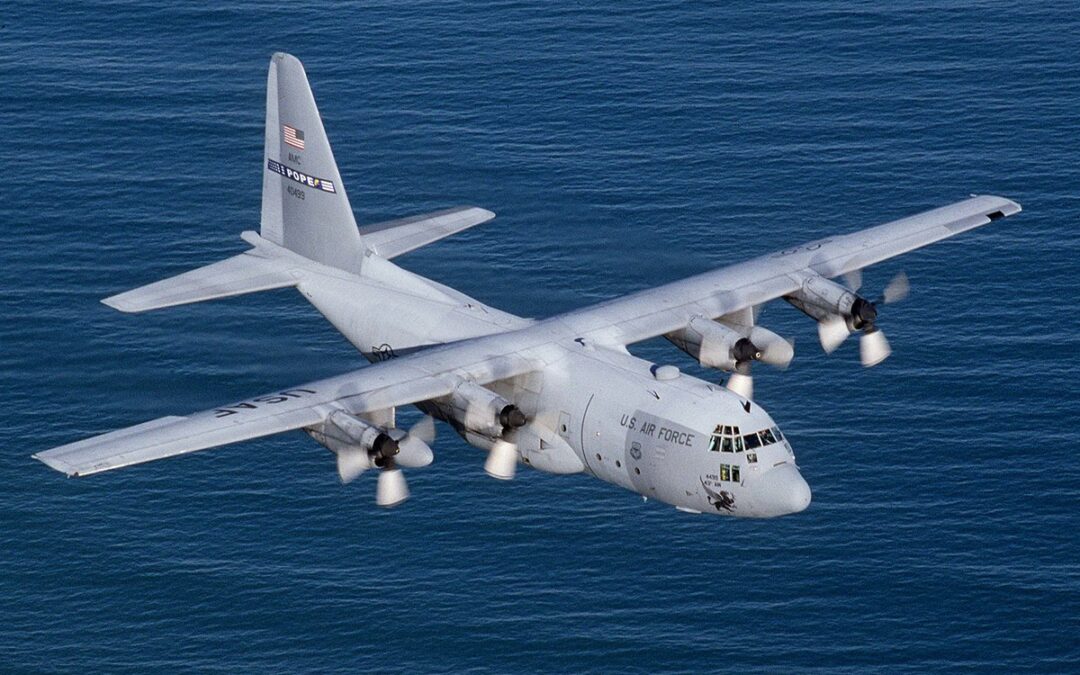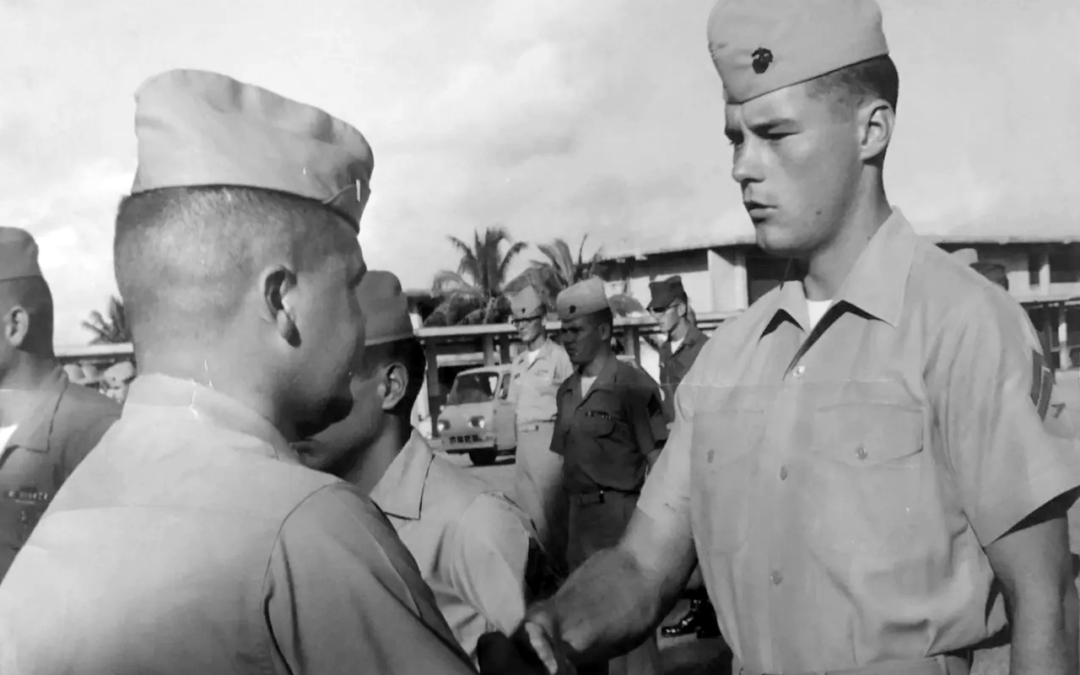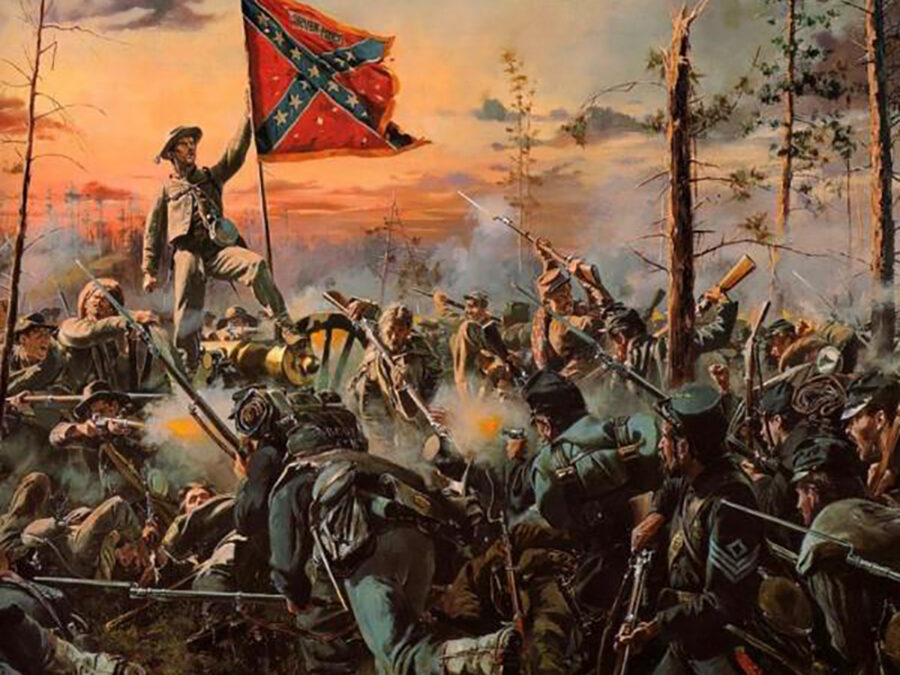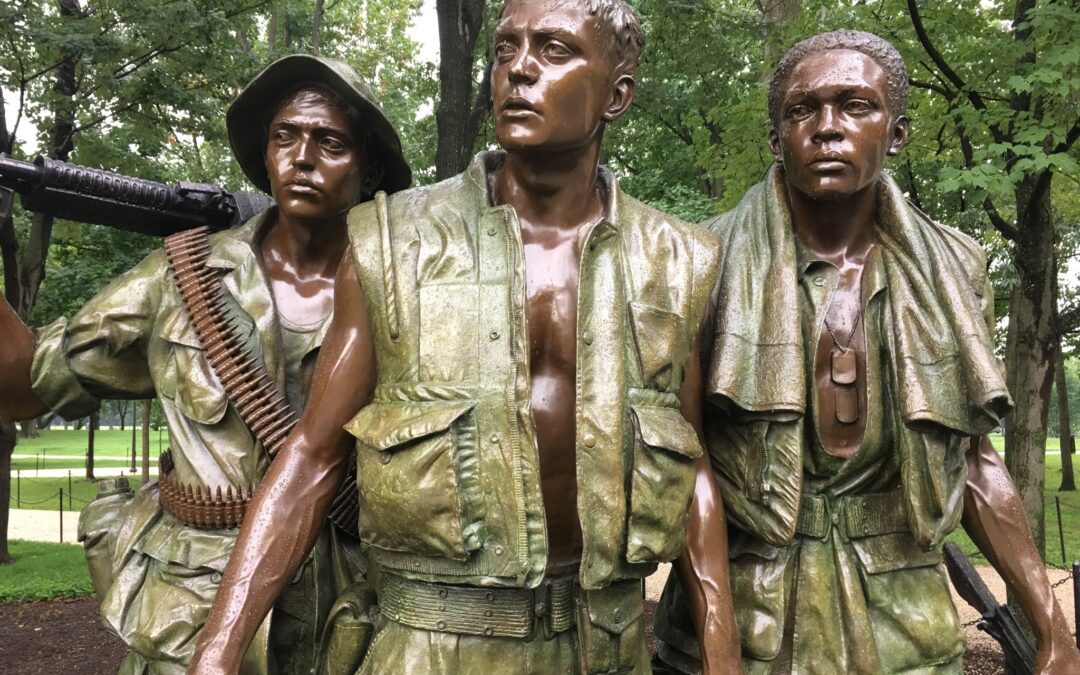1917, and 1918, the United States government issued Liberty Bonds to raise money for our involvement in World War I. By the summer of 1940 when it appeared the United States would be drawn into World War II, bonds again were being sold as a way to remove money from circulation as well as reduce inflation. After the Japanese attacked Pearl Harbor on December 7, 1941, the bonds became known at War Bonds.

